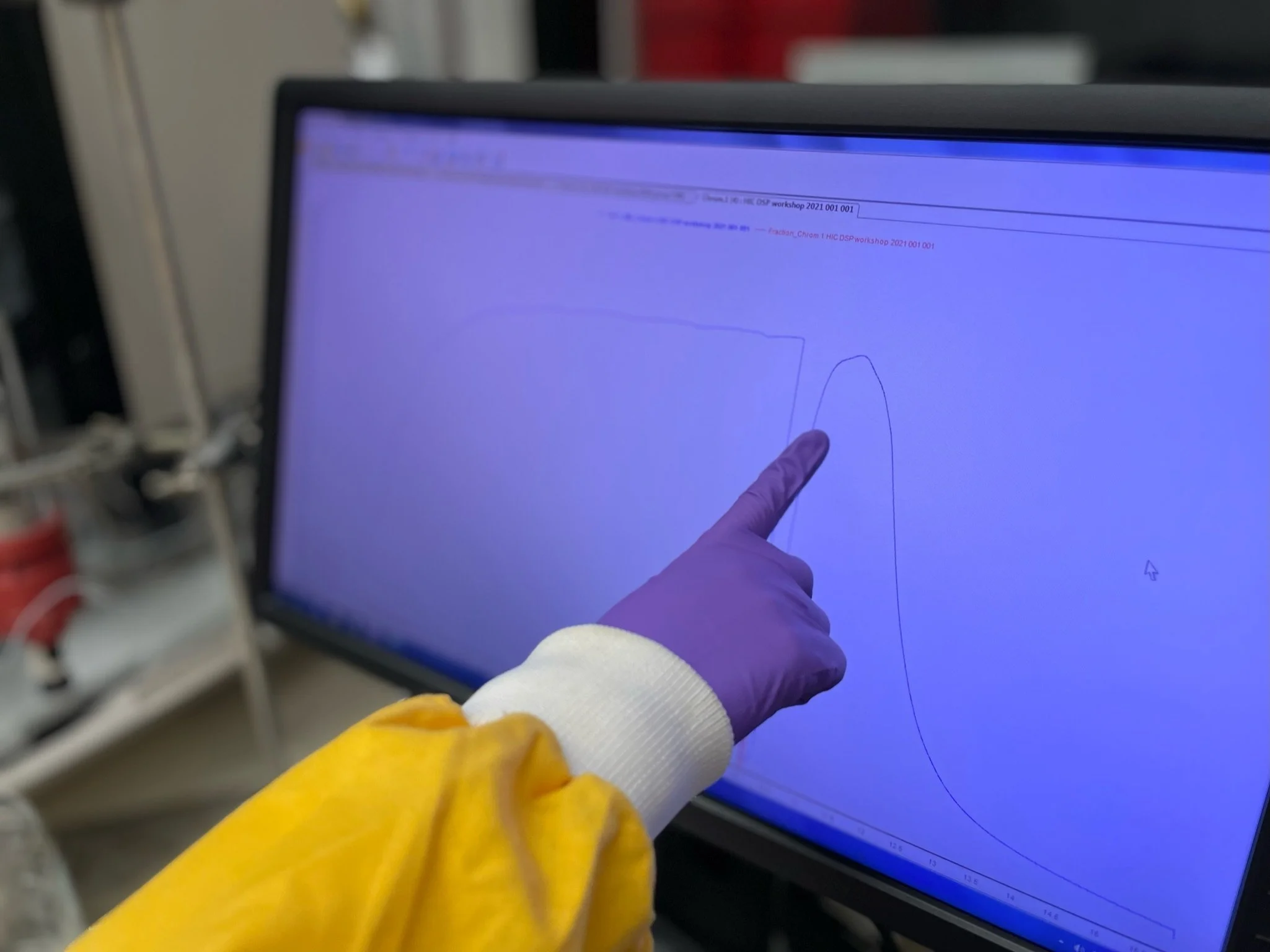Sustainable Manufacturing using Bioresin for Low Carbon Vertical Farms
The project partners wanted to find out if proven bioresin from agrifood waste processing could be used to build vertical farm towers, potentially reducing the carbon footprint of the towers and enabling innovative design concepts.
Microbially mediated biological treatment of primary effluent from H2OPE fertiliser production
This project investigated the feasibility of miniaturising and optimising the biological treatment of the wastewater effluents from SEM biofertilizer process.
Conversion of sewage sludge into biochar: Wastewater treatment potential and re-use on land
The success of this project provides opportunities for Scottish Water and Scottish Water Horizons to circularise a process for disposing of Human sewage sludge and cleaning wastewater of phosphorus. The project will contribute to Scottish Water’s commitment to Net Zero by 2040.
A Feed of the Future: Optimising phytoplankton cultivation, composition, and digestibility
This project assessed the effect of growth media formulation and time of harvest on the growth rate, biochemical composition, and digestibility of a selection of phytoplankton maintained at CCAP, and identified two strains of commercial interest.
Investigating the use of daffodil extracts to treat heart failure
in this project co-funded with the High Value Biorenewables Network, the team successfully developed a process to extract alkaloids from daffodil biomass which could be used in the treatment of heart failure and are now in a position to apply for investment to take the process forward at scale in Scotland.
Determining cell culture-based biomanufacturing yields of a valuable secondary metabolite
In this successful project, Green Bioactives were able to access equipment which enabled them to detect their desired products and they can now further develop their cell lines and apply for funding to develop this aspect of the business.
Development of an assay for measuring levels and composition of Omega-3 in a variety of sources
Fatty acids are traditionally obtained by extracting oils from plant, fish, or animal tissues, however, the composition in these sources generally depends on the season and location. There is a requirement to find alternative sources to meet the growing demand across the food, pharmaceuticals and cosmetic industries.
Novel process for efficient bio-methanisation of waste- derived syngas
Owners of food waste AD plants are looking for alternative ways to valorise waste that contains both plastic and biobased substances. Carbogenics wanted to investigate whether fermentation from screening waste was possible and test a scaled-up version of their process for making biomethane from waste using bacteria.
Sustainable Substrate
Revive Eco develop green technologies to produce high value products from waste. Their initial focus is on waste coffee grounds from which they extract several high value chemicals and consumer products.
Using microbes to produce supplements for animal feed
New technology may help reduce carbon emissions for the agriculture and aquaculture industries.










